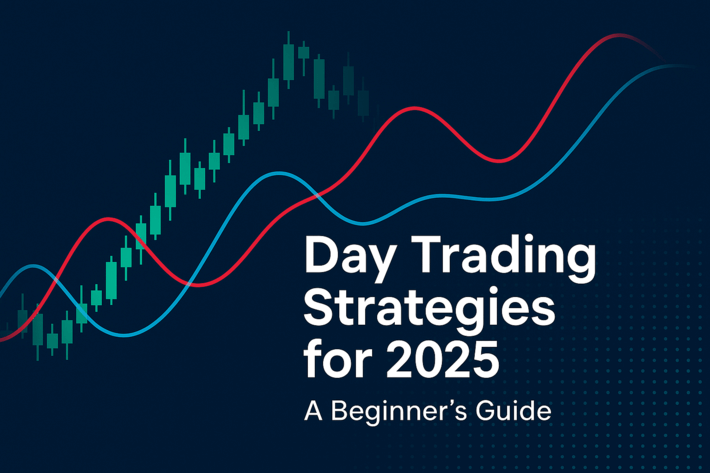Personal Loan vs. Auto Loan: Which Is Better to Finance Your Car With?
When it comes to borrowing money to finance a car, there is a range of options to choose from. Two of the most popular types are personal loans and auto loans. As both have their pros and cons, it can be difficult to decide which one is right for you.
In this article, we’ll discuss the advantages and disadvantages of both options so that you can make an informed decision about which loan you should select.
Advantages of Using Personal Loans
A personal loan can be a great way to finance the purchase of a new car. Unlike an auto loan, a personal loan does not require collateral, so you can get the money you need without putting your car at risk. Personal loans also tend to be easier to qualify for, so if you have bad credit, a personal loan may be a good option.
In addition, personal loans can be used for any purpose, for instance, covering other expenses associated with buying a car, such as insurance or repairs. These are just some of the potential benefits. If you're looking for a flexible and affordable way to finance your next car purchase, a personal loan may be the perfect solution.
The Potentidal Downsides
The main reason people take out personal loans is to consolidate debt or make a large purchase, like a car. However, there are a few things you should keep in mind:
- First of all, personal loans typically have higher interest rates than auto loans, so you’ll end up paying more in interest over the life of the loan.
- Another thing you should know is that most personal loans have shorter terms, so you’ll be making higher monthly payments.
- Lastly, if you fall behind on your payments, you could risk damaging your credit score or even losing the car. So while there are some potential advantages of using a personal loan, there are also serious risks that you should be aware of.
Why Use an Auto Loan Instead
There are a few key reasons you might want to consider using an auto loan instead.
- First, auto loans tend to have lower interest rates than personal loans. This means that you'll save money on interest over the life of the loan.
- Additionally, auto loans can be easier to qualify for than personal loans. The reason is that lenders view cars as collateral for the loan, making them less risky. As a result, you're more likely to be approved for an auto loan.
- Finally, auto loans often come with perks like 0% APR financing or cash back rebates, which is why using a personal loan to finance a car might not always be the best choice.
- These perks can save you thousands of dollars on your car purchase. Therefore, it makes sense to consider an auto loan when financing your next car.
The Potential Downsides
Auto loans can be a great way to finance the purchase of a new vehicle. However, there are also potential drawbacks to obtaining an auto loan that consumers should be informed about.
One of the main disadvantages is that these loans often come with high interest rates. This can make it difficult to keep up with payments and ultimately lead to a higher total cost for the vehicle.
In most cases, auto loans require a sizable down payment, which can strain your financial resources at the outset.
Lastly, if a vehicle is totaled or stolen, the lender may still require the borrower to pay off the full loan amount, even though the car is no longer in the borrower's possession.
For these reasons, it's important to consider all the possible drawbacks before commiting to a loan..
Additional Considerations
There are also a few other things you should take into account before applying for a car loan.
First and foremost, you'll want to be sure you can afford the monthly payments. Not only will you need to make the loan payments, but you'll also have to cover the cost of gas, insurance, and maintenance.
You should also consider the length of the loan. Longer loans will have lower monthly payments, even though you'll end up paying more in interest over time.
On the other hand, shorter loans will have higher monthly payments but will enable you to save money on interest. Ultimately, choosing between the two options we covered here mainly depends on your needs and preferences. The right loan for you will be the one that fits your requirements but won’t overburden your budget.
Finally, be sure to shop around for the lowest possible interest rate, as it will significantly impact the total amount you'll pay for your car.
With all of these aspects to consider, it's important to be diligent and do your homework before obtaining a loan to purchase an automobile.
You can also consult with a financial advisor to get expert advice on which loan option better suits your situtaion.
For years, the clients I worked for were banks. That gave me an insider’s view of how banks and other institutions create financial products and services. Then I entered the world of journalism. Fortunly is the result of our fantastic team’s hard work. I use the knowledge I acquired as a bank copywriter to create valuable content that will help you make the best possible financial decisions.





